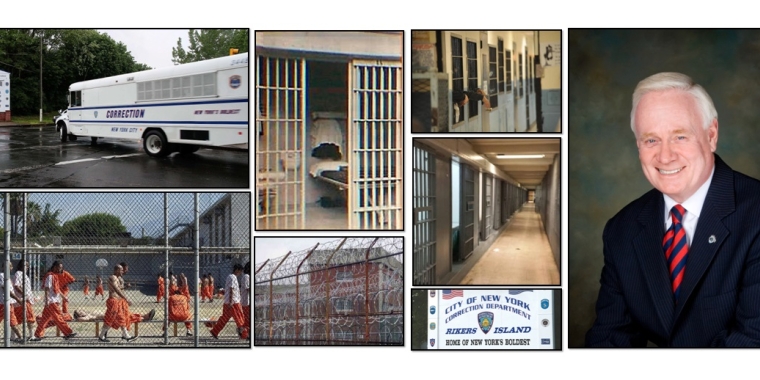
DNA crime fight passes in Senate
ALBANY — Expanding the state's DNA database cleared the state Senate on Tuesday but it may be impeded by a dispute about whether the change will do enough to help the wrongfully convicted.
Law enforcement groups as well as legislators from both parties agree with Gov. Andrew Cuomo's proposal to take DNA samples from people convicted of any crime. But Democrats that dominate the Assembly are reluctant to approve the measure without also giving defense attorneys greater access to the DNA database or adopting other criminal justice reforms.
Republicans who control the Senate opted for a narrower approach, and authored a bill that added misdemeanor crimes to the database — currently, felonies and only some lower-level offenses such as petit larceny require a DNA sample from convicts — without including other provisions sought by groups like the State Bar Association.
The GOP senators discussed their bill Tuesday alongside law enforcement officials, including Schenectady County District Attorney Bob Carney. They recounted stories of criminals who were caught when their DNA hit against cold cases — including rapes and murders — compiled in a central database.
"It exonerates, it convicts, it helps provide closure to families at times," said Sen. Steve Saland, R-Poughkeepsie. "There is literally no reason not to have an all-crimes databank."
Under the bill Saland co-sponsored with Sen. Marty Golden, R-Brooklyn, an additional 46,000 people would be added to the database each year. According to Warren County District Attorney Kate Hogan, taking samples from petit larceny convicts "allowed us to link those people to 57 murders, 221 sexual assaults, 117 robberies and 407 burglaries."
The bill passed the Senate 50-10. In a statement, Cuomo hailed its passage and approved its approach: "I call on the Assembly to do the same so I can sign this bill into law immediately."
But Democrats there are drafting a different bill that may incorporate other reforms aimed at preventing wrongful convictions, such as videotaping interrogations by police officers.
"Our bill does not give lip service to the idea of protecting the innocent while convicting the guilty, and puts teeth in to make sure we do both," said Assemblyman Joe Lentol, a Brooklyn Democrat who chairs the chamber's Codes Committee.
Vincent Doyle, president of the state Bar Association, called for "a more comprehensive approach." Stephen Saloom, policy director for The Innocence Project — a nonprofit organization that since 1992 has used DNA evidence to overturn 289 convictions — said simply expanding the database was a "misplaced priority."
"There are so many ways to expand upon what we've learned from DNA," he said. "We've known for years that New York is prone to eyewitness misidentification, false confessions and failing to identify wrongful convictions, but we've refused to do anything about it."
The Assembly has long tried to link expanding the database with other reforms, and Lentol indicated his chamber would draw a line in the sand here.
"They said, 'Don't worry, we'll get to it,' when we expanded it before," he said. "If we don't do it now, there is no other leverage to get these necessary protections."
Read more: http://www.timesunion.com/local/article/DNA-crime-fight-passes-in-Senate-2890517.php#ixzz1lEdipfB0



